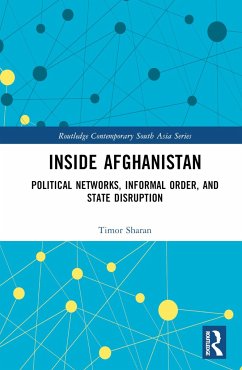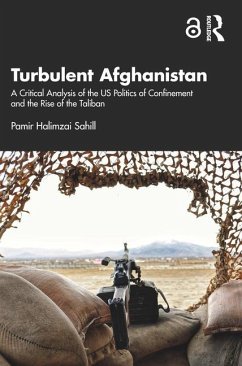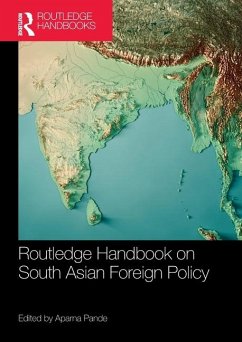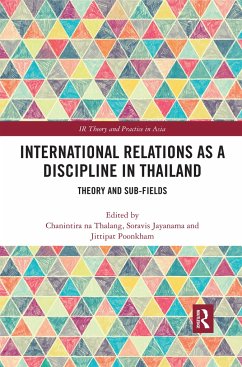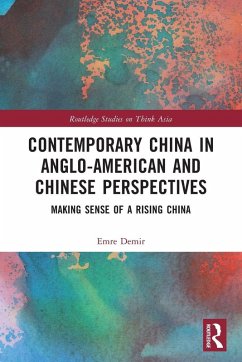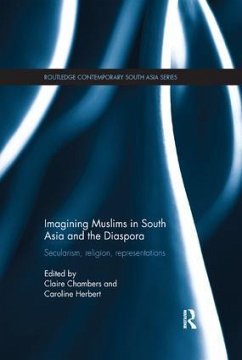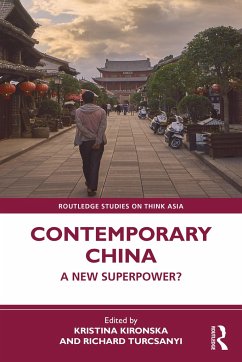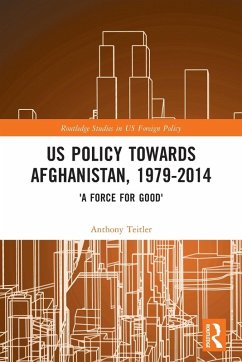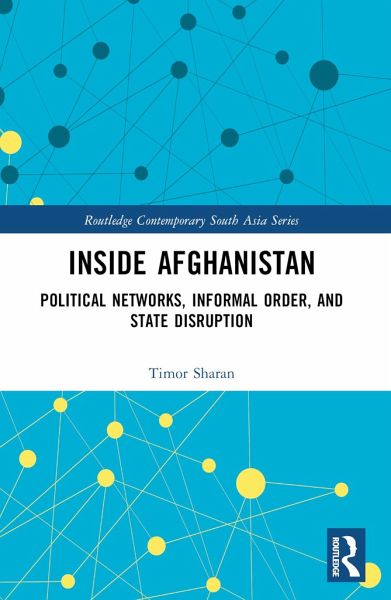
Inside Afghanistan
Political Networks, Informal Order, and State Disruption
Versandkostenfrei!
Versandfertig in 6-10 Tagen
29,99 €
inkl. MwSt.
Weitere Ausgaben:

PAYBACK Punkte
15 °P sammeln!
This book maps out how political networks and centres of power, engaged in patronage, corruption, and illegality, effectively constituted the Afghan state, often with the complicity of the U.S.-led military intervention and the internationally directed statebuilding project. It argues that politics and statehood in Afghanistan, in particular in the last two decades, including the ultimate collapse of the government in August 2021, are best understood in terms of the dynamics of internal political networks, through which warlords and patronage networks came to capture and control key sectors wi...
This book maps out how political networks and centres of power, engaged in patronage, corruption, and illegality, effectively constituted the Afghan state, often with the complicity of the U.S.-led military intervention and the internationally directed statebuilding project. It argues that politics and statehood in Afghanistan, in particular in the last two decades, including the ultimate collapse of the government in August 2021, are best understood in terms of the dynamics of internal political networks, through which warlords and patronage networks came to capture and control key sectors within the state and economy, including mining, banking, and illicit drugs as well as elections and political processes. Networked politics emerged as the dominant mode of governance that further transformed and consolidated Afghanistan into a networked state, with the state institutions and structures functioning as the principal "marketplace" for political networks' bargains and rent-seeking. The façade of state survival and fragmented political order was a performative act, and the book contends, sustained through massive international military spending and development aid, obscuring the reality of resource redistribution among key networked elites and their supporters. Overall, the book offers a way to explain what it was that the international community and the Afghan elites in power got so wrong that brought Afghanistan full circle and the Taliban back to power.





